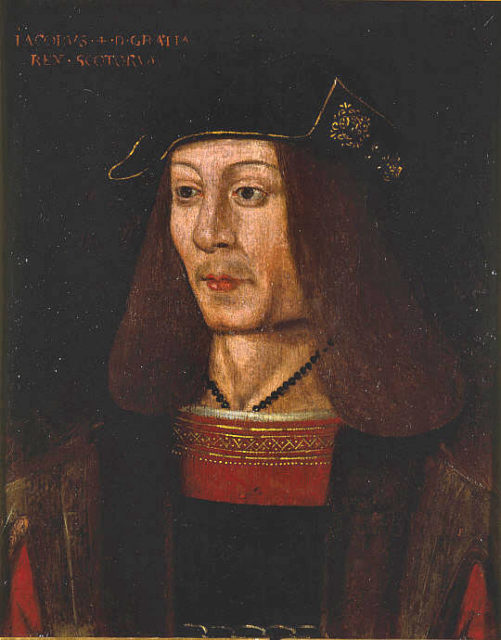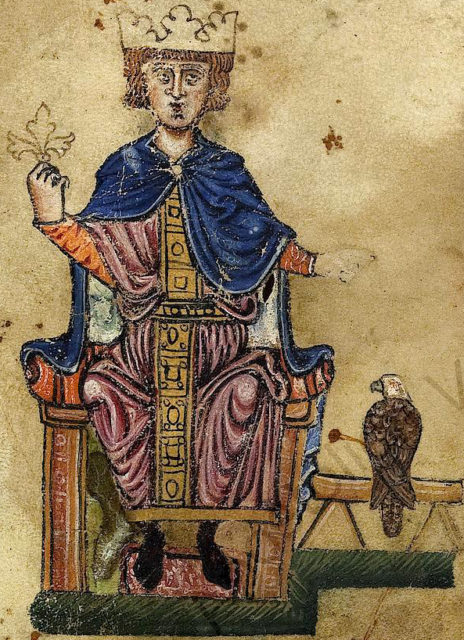The middle ages are riddled with outrageous stories, crazed experiments, and experiments using obsolete and dangerous methods that require a lot of sacrifices, all for the sake of truth and the advancement of knowledge. The Scottish Island, Inchkeith (derived from old Scottish Gaelic Innse Coitwhich means wooded island) was witness to one such experiment. It has been a disposal ground for disease victims, barren and unoccupied for many years, and as of 1493, it has been a shelter for two children and a deaf nanny.

King James IV of Scotland was a king that was fascinated by science and new knowledge, cultures, and arts. With unmatched political skills, fluency in a handful of languages under his belt, and a penchant for enlightenment, he explored many ideas that were considered progressive for his time.
An unusual thought came into existence within the confounds of his royal mind. He wanted to know if, for example, a child is nurtured without being taught a single word of any human language, would the child use the “God-given lingo” as an “autopilot”, since no other language is present. An enchanting idea, to think that all humans could speak the holy language of God, uninterrupted by a human tongue.

Allegedly, he sent two babies to Inchkeith Island and a mute woman to take care of them. The woman, which was not able to speak, was the perfect nanny for this experiment because the delicate process of raising the children should be done in wordless silence. He thought that the sacred language would be formed once the children grew up to a certain age, and when the time is right, the King would come back and hear this new and never before witnessed tongue.
It is not known if the Scottish King knew that there has been a similar language experiment conducted by the Roman Emperor Frederick II, who was also a cultural connoisseur, polyglot, exceptional ruler and, reportedly, not much into religion (which resulted in blasphemy accusations, but that is a story for another time).

His method was also fruitless and with no success, as the children clapped and gesticulated with their hands, thus communicating with signs instead of some other expected language.
It is not known what happened to the children on Inchkeith Island. A prominent Scottish poet and novelist, Sir Walter Scott, suspected that since the children had no other choice but to mimic the sounds from the island animals or the environment, thus rendering the whole experiment fruitless. Apparently, some Scottish folk say that the children learned perfect Hebrew, which is highly unlikely.
